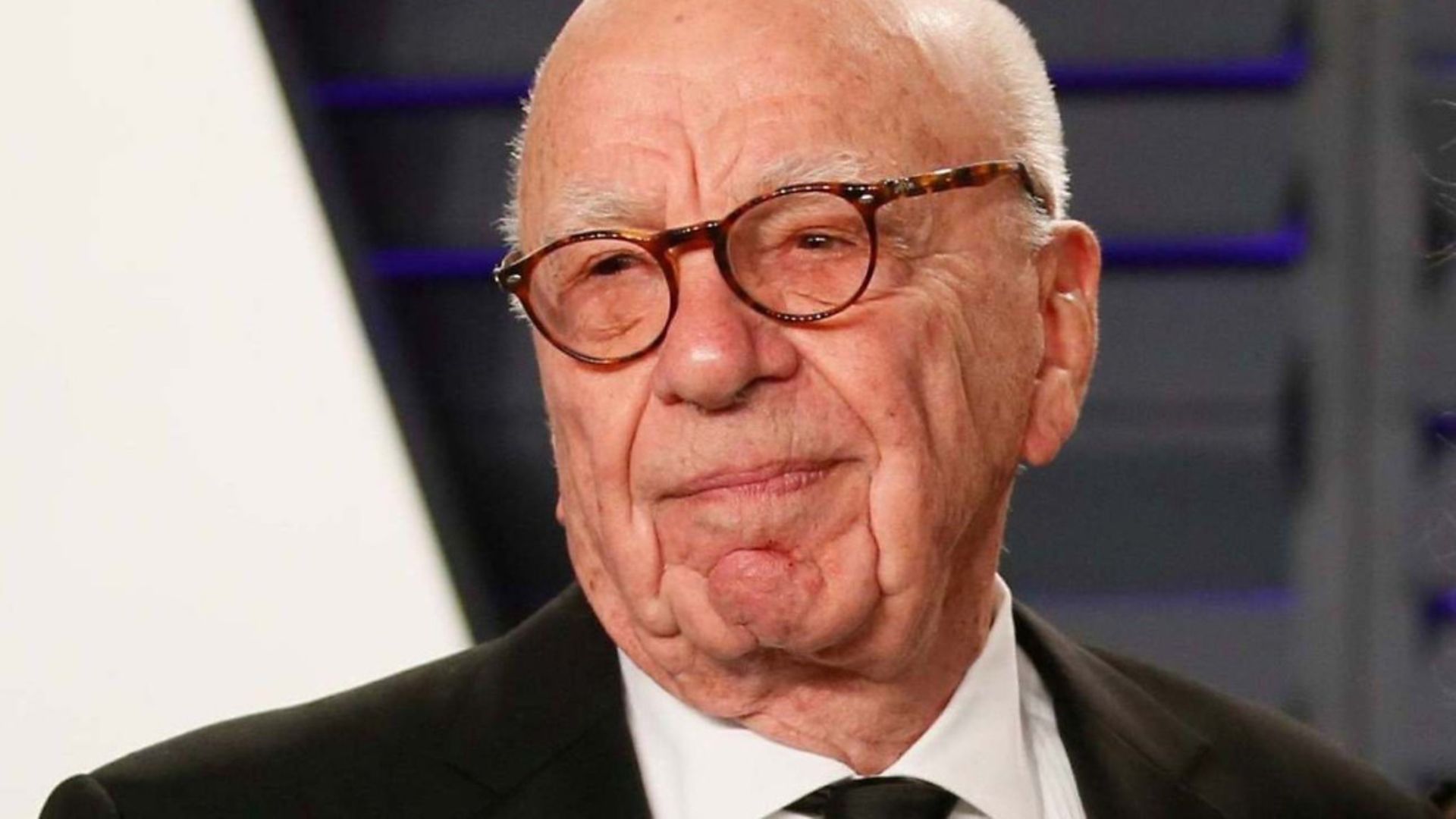
Whatever else might be said about Sasha Swire’s memoirs, they hardly instil confidence in the political classes. This may well be why Rupert Murdoch was willing to splash out no less than £250,000 to serialise them in the Times and Sunday Times.
“It’s a jaw-dropping amount of money for a book in these straitened times, but Murdoch was determined not to be out-bid,” one of his long-time hirelings tells me. “The book chimes with his own sense of disillusionment with the political classes in Britain. He had, of course, high hopes for Boris Johnson, but has looked on, like everyone else, with despair.”
Diary of an MP’s Wife is scathing not only about David Cameron, but also ministers such as Gavin Williamson and Michael Gove – supposedly a favourite of Murdoch. She also described Dominic Cummings – as I revealed exclusively in this column in July – as an “amoeba”.
For all Murdoch’s enthusiasm, the book did not result in any spectacular sales lift and the big payday for Swire was resented by journalists on the papers. Many are still smarting at the sacking of the Times columnist Philip Collins, and the other jobs lost with the merging of departments on the two papers.
The Daily Mail, without having to pay anything for the book, ended up giving it almost as many column inches. Sarah Vine – Gove’s wife – returned fire in a typically intemperate piece in the paper, which also ran a front page story claiming Hugo Swire – Sasha’s husband, who backed Remain in the EU referendum – had been unfaithful to her.
Blinkered
Mandrake’s disclosure that Boris Johnson had the broadcasting regulator Ofcom in his sights proved well-timed. The PM subsequently let it be known he wanted Paul Dacre – the former Daily Mail editor – to take over as its chairman.
This would appear to be part of a pincer movement against the government’s critics in broadcasting with Charles Moore – Johnson’s former editor at the Daily Telegraph – meanwhile being tipped to take over the chairmanship of the BBC.
“It isn’t just they’re both on the hard right that’s the problem, but neither understands the first thing about broadcasting,” one BBC veteran tells me.
“Moore is a fogey without a clue about the commercial and technical challenges of new media, which is now – thanks to the hard work of Mark Thompson as director general – at the heart of what it does.
“Dacre has made the point himself that totally different skill-sets are required in print and broadcasting, but what does that matter to Johnson? Total devotion to the Brexit cause is now the litmus test for appointments such as these and we see how well that’s worked out in his cabinet…”
Early Frost
The magazine Prospect ran a profile of David Frost, which portrayed Britain’s chief Brexit negotiator – also the national security adviser and a peer of the realm – as a Brextremist. The piece neglected to mention – as Frost himself is prone to do – that he was also once Europe director at the Foreign and Commonwealth Office.
One of Frost’s former colleagues from those days remembers him as a man who was then apparently fully signed up to the European project. “He would speak about the EU with real passion and would make no secret of his disdain for Eurosceptics,” he tells me. “Now that must mean he was either a very good actor or he’s since changed his opinions for the good of his career.”
Harry’s Game
The great newspaperman Sir Harry Evans, who died last week, was fond of saying it’s always easier for journalists to sound off, rather than to find out.
I’ve no doubt Harry would have been amused by all the sounding off in recent days about how lorry drivers will need permits to enter Kent after the transition period ends on January 1. The ‘finding out’ part should have happened in early August when the government issued a document entitled “Proposed legislative amendments on enforcing Operation Brock”, which, among other things, spelt out the need for permits.
Had this been covered more prominently at the time, something could have been done about it, but now it’s a done deal. The consultation period alas ended on August 23.










